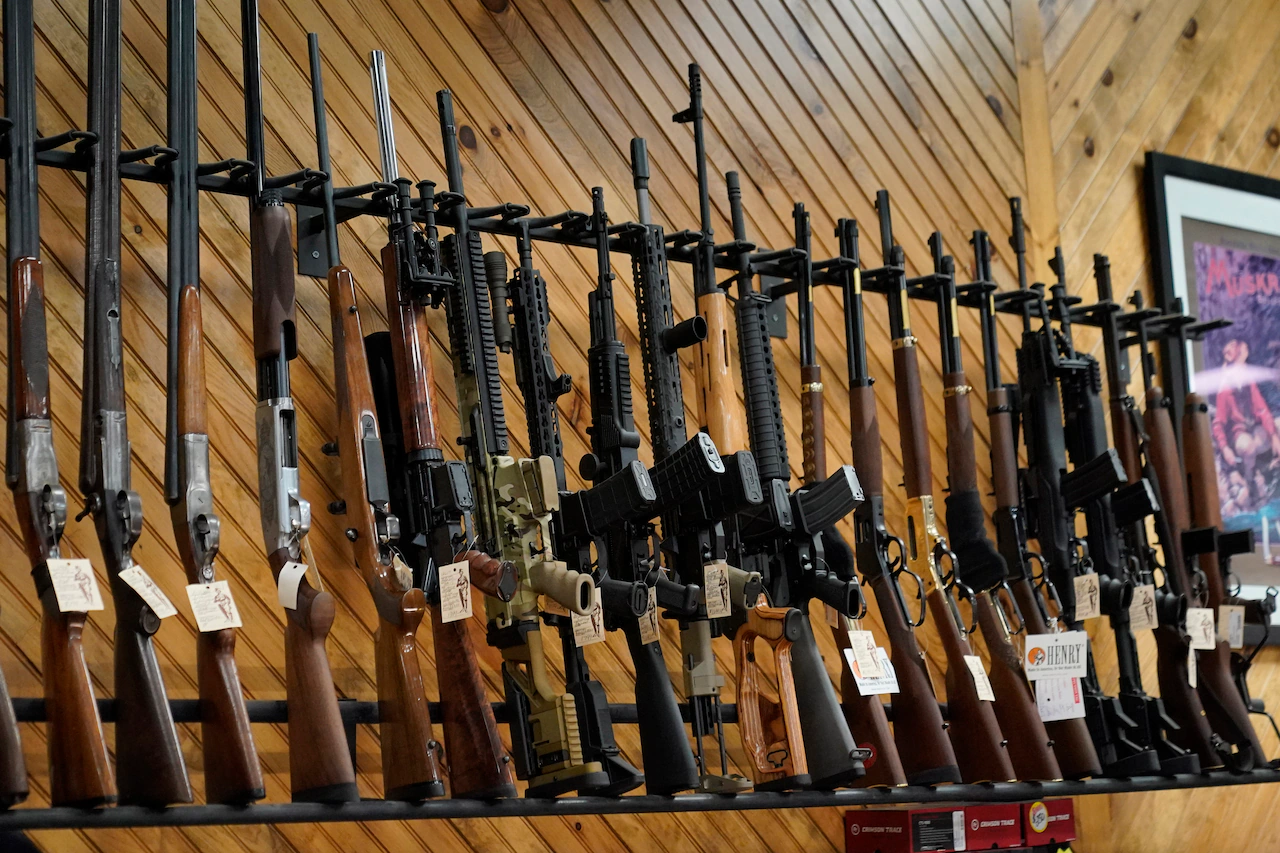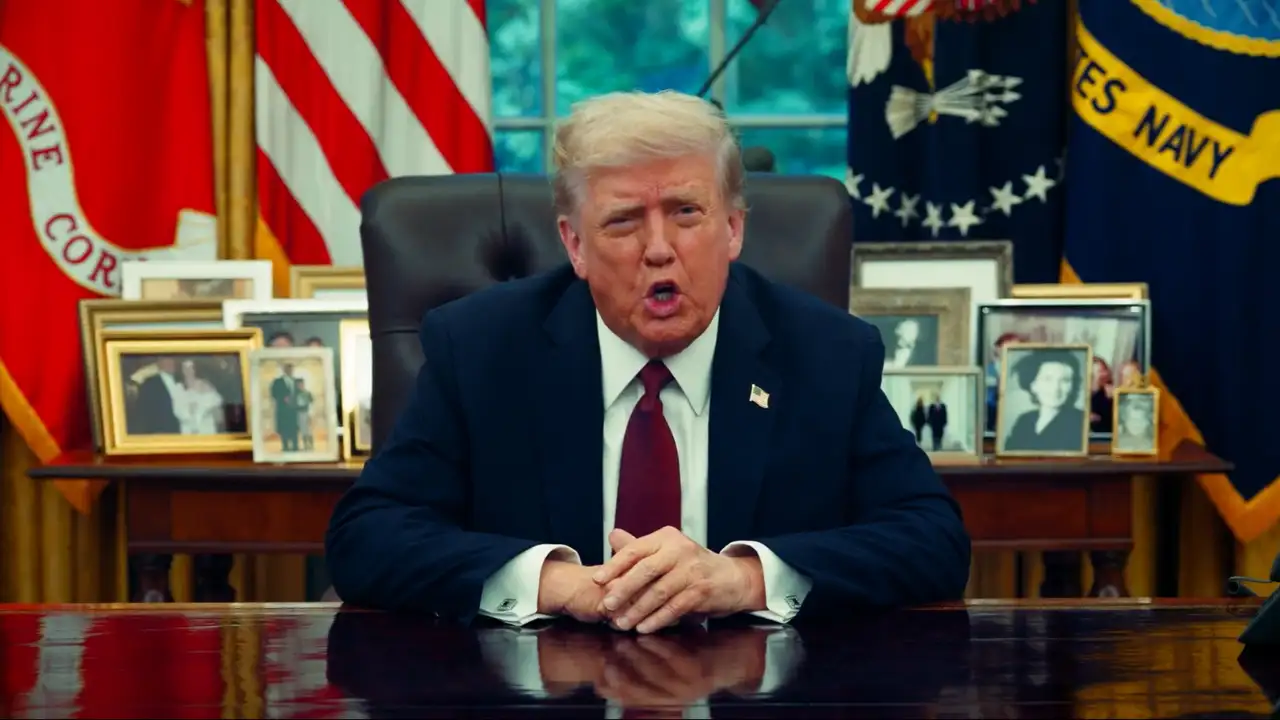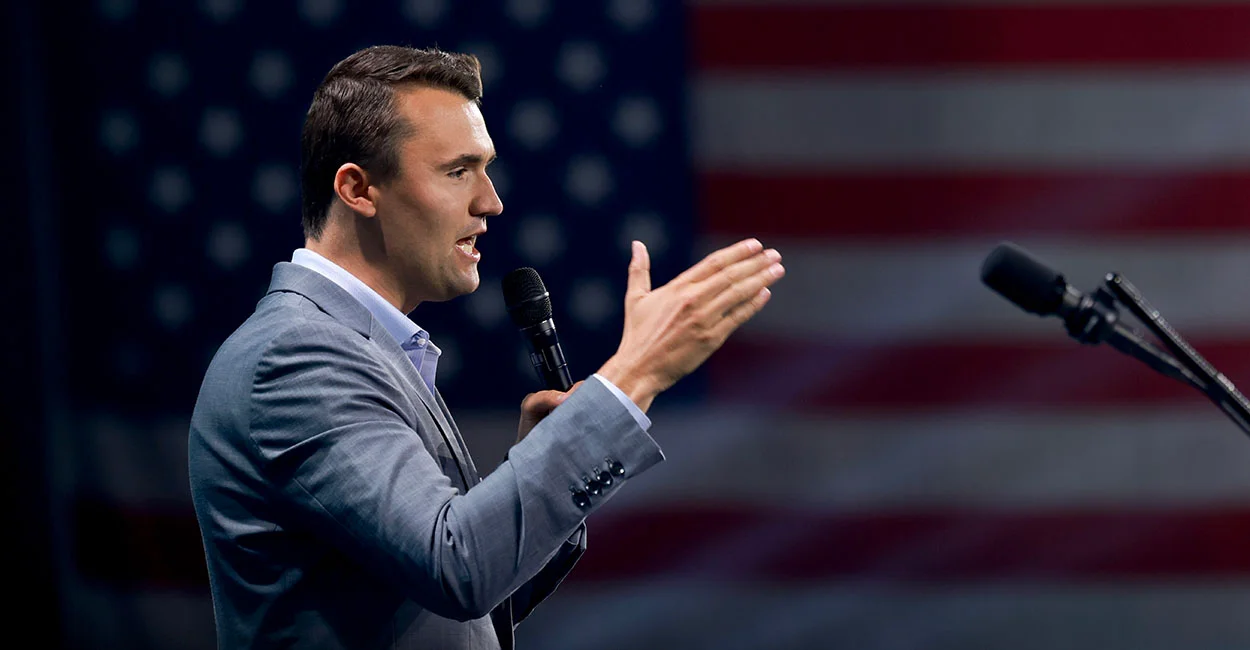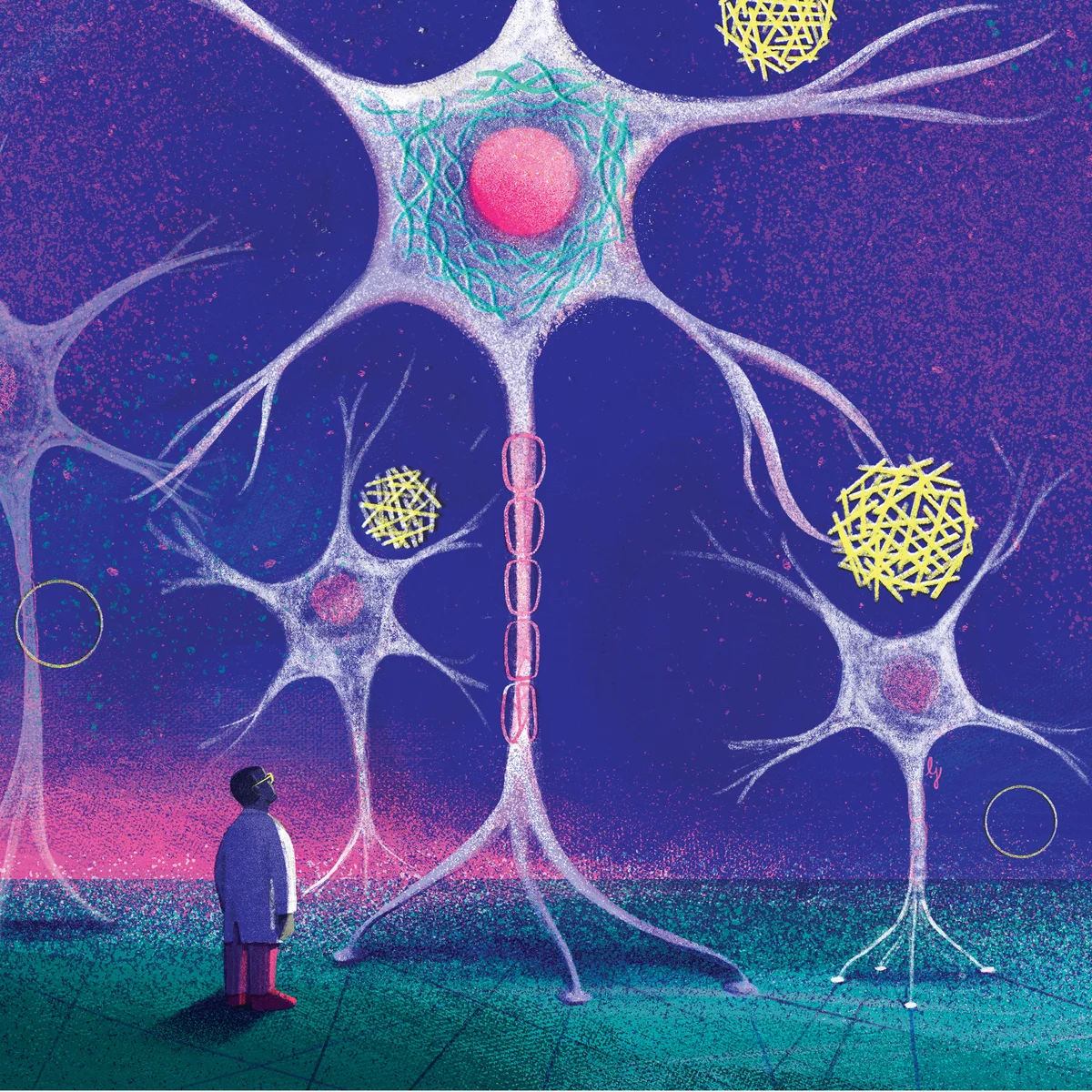
WASHINGTON – The U.S. Justice Department is quietly considering a proposal that would strip transgender Americans of their constitutional right to bear arms — a move historians say would be a dangerous escalation in the systematic targeting of marginalized groups.
The discussions surfaced after a shooting at a Catholic school in Minneapolis that left two children dead and 21 injured was carried out by a transgender woman.
That attack prompted conservative figures, including Donald Trump Jr. and Charlie Kirk, to link transgender identity with violent behavior. Kirk argued that those who undergo gender transition are “too crazy to own a firearm.” Kirk was fatally shot last week while debating the issue with a Utah college student.
The Justice Department proposal, still in early discussion stages according to the White House, would expand existing mental health-based prohibitions on firearm ownership to include transgender identity as grounds for disqualification.
White House Press Secretary Karoline Leavitt has characterized the discussions as “very preliminary, low-level,” saying it would be “premature” for the administration to comment further.
But scholars of democratic erosion say the discussions themselves—regardless of their current status—merit serious attention. They warn that the issue transcends gun policy, echoing a troubling American tradition of systematically stripping rights from entire communities.
Ohio State University history professor Daniel Rivers, who specializes in the history of LGBT communities in the 20th century, said there’s a long history of discrimination against transgender and gay people in the United States that goes back to the late 19th century.
Rivers points to a spate of anti-cross-dressing laws that first emerged in Columbus in 1848 and spread across the United States as an early example of laws used to target transgender individuals. Local police used those statutes to jail and harass people based on perceived gender nonconformity, Rivers says, a pattern he sees echoed in current discussions.
Mental health as a weapon of disenfranchisement
American history reveals a persistent pattern to justify discrimination: casting targeted groups as mentally deficient, Rivers says. It’s been applied to everyone from Irish immigrants to African Americans. After the Civil War, the rhetoric of mental inferiority was used as an excuse to deny rights, such as the right to vote, to former slaves.
The pattern extends beyond American shores. Rivers noted that the Nazis “rounded up gay people and transgender people” and “crackdowns on gay rights activists and on LGBT spaces were definitely important” to the Reich. The pink triangle symbol now used by gay rights groups originated as the symbol that the Nazis used in the concentration camps.
Closer to home, Rivers pointed to “the Lavender Scare,” which prompted the firing of thousands of gay men and lesbians from federal jobs and local government employment from the 1940s through the 1960s.
Reality vs. rhetoric
The proposal floated by the Justice Department faces three major obstacles, Rivers said, starting with the U.S. Supreme Court’s 2020 decision in Bostock v. Clayton County, which ruled that discrimination against transgender individuals violates Title VII of the Civil Rights Act of 1964.
Another hurdle is the fact that the major American psychiatric institutions don’t regard being transgender as a mental illness. The American Psychiatric Association has clarified that gender dysphoria — the condition related to transgender identity in the Diagnostic Statistical Manual — “actually pertains to the distress felt by a transgender individual because of the disjunct between their sex at birth and their perceived gender,” says Rivers. “Transgender itself is not the mental illness.”
Lastly, there’s the fact that the U.S. Constitution’s Second Amendment protects all Americans’ right to bear arms, and that gun owners’ groups strenuously oppose the idea.
In response to the idea, the National Rifle Association issued a statement reaffirming its support for the Second Amendment rights of all law-abiding Americans, explicitly opposing “sweeping gun bans that arbitrarily strip law-abiding citizens of their Second Amendment rights without due process.”
Gun Owners of America warned that expanding the existing federal prohibition could “lead to unjust disarmament and government overreach,” noting that similar policies had already been used to strip over 250,000 veterans of their gun rights.
“Even the Supreme Court affirmed in an imperfect but binding opinion that an individual may only be disarmed if they pose ‘a clear threat of physical violence,’” said a social media statement from the organization. ”DOJ may not simply disarm an entire group without these individualized determinations.”
Statistics indicate that while transgender people do not commit many murders, they are more likely to be victims of violent crime.
A 2023 Secret Service report found 96% of mass attackers from 2016 to 2020 were cisgender men, with only 2% identified as transgender. Data from Pew Research Center indicates 1.6% of Americans identify as transgender or nonbinary.
A separate study by the Williams Institute at UCLA found that transgender people are over four times more likely than cisgender people to be victims of violent crime.
“All forms of gun violence are deeply tragic, but there has only been, historically, a small handful of trans shooter cases, and the overwhelming majority of shootings of this type are done by cisgender men,” Rivers notes.
Cross-ideological opposition
The proposal has created unusual political dynamics, according to Matthew Lacombe, a Case Western Reserve University political scientist who authored a book called “Firepower: How the NRA Turned Gun Owners into a Political Force“.
“People on the left who typically support greater regulation of guns have been put in a position where they’re defending gun rights on behalf of the transgender community, while typically conservative gun rights activists are in a spot to defend the rights of the transgender community as it pertains to guns,” Lacombe says.
Lacombe said there’s plenty of historical precedent for trying to exclude certain groups of people from having the right to bear arms in the United States.
Post-Civil War Black Codes in the southern United States and subsequent Jim Crow laws were, in many cases, used to prevent Black Americans from having guns.
When the Black Panther Party openly carried guns in California, the state responded by passing the Mulford Act, which prohibited the carrying of loaded firearms in public. At other points in history, he said, gun laws were passed to keep immigrants from owning guns.
“Often these sorts of laws involved permitting procedures that have discretion to local police or sheriffs’ offices, who could use that discretion to unevenly enforce the law,” said Lacombe.
Lacombe said he doesn’t think the proposal has much of a chance, if any, of actually coming to pass.
“It’s nonetheless concerning insofar as it’s an effort to suggest that transgender people are unfit to have the same Constitutional rights as other Americans,” Lacombe concluded.



